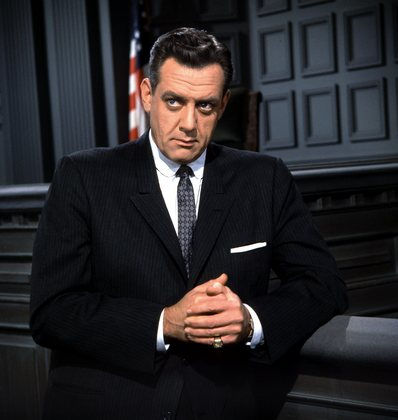
FROM- SF Examiner
Global warming, common sense and expert opinion
I'm not entirely sure that global warming, common sense and expert opinion have much to do with each other, but let's try and establish a connection.
First, for global warming (or climate change, or whatever the accepted term now is), to be accepted as a scientific hypothesis, it must include details of how to prove it wrong--'falsifiability.' If it doesn't have these details, it's no more than an interesting idea or a dogmatic belief--but either way it has nothing to do with science. This is the definition of science, basically, but I have yet to see any proponent of global warming as a potentially serious problem for us offer a set of conditions which would lead him or her to say, 'Whoops--we've got it wrong.' And they need to do that.
The reason is that people with common sense are looking at what's coming out of the media and realise that the alarmists are changing the rules of the game and seizing on anything as evidence of global warming. They are radically over-hyping the issue, as acknowledged by those qualified to have an expert opinion, such as the UK Meterological Office, which called recently for the hyperbole to stop. But it hasn't, and whether it gets hotter or colder, it is offered as evidence of global warming. If Arctic ice decreases, it is evidence of global warming. But if it recovers, as it has recently... it is evidence of global warming.
What would it take to prove global warming is not following the course charted for it by computer models?
If ocean temperatures were not rising as fast as the computer models predict (and they are not), would that prove that climate change theory is either wrong or needs to be recalculated? And would it prove the theory wrong to experts, to people just using common sense, or both? In either case, it is a question that should be answered by defenders of climate change theory.

Climate change theory does not really cover what clouds contribute to the issue, but they gloss over this, as they cannot measure it accurately. So if evidence arises showing that clouds tend to counteract the effects of global warming, does this again prove the theory wrong? Is it something that needs to be addressed by experts, and should this be communicated to people trying to use common sense to evaluate the need for action?
These are two examples of areas where serious questions arise regarding climate change theory. There may be perfectly good answers to them--I don't know. I know there are more questions. But one reason that Americans care less about climate change than other issues is that when questions come up, they are not answered. They are just spoon-fed more cute pictures of polar bears.

If global climate change is a real problem, then the communication strategy of its advocates is pathetic, and may lose them all the good will built up over decades of environmental struggle. It is pathetic because it resembles in all its shotgun approach and hysterical pronouncements nothing more than a con game. It is reprehensible--almost criminal--in its attempts to demonize everyone who disagrees with them, to state that all skeptics are deniers in the pay of the energy industry.
Nobody is arguing that the greenhouse effect is controversial. Nobody is arguing that CO2 is a greenhouse gas, and that we are emitting more of it. But only computer models are making the case that this will cause catastrophe--and the data isn't good enough for computer models to be accurate. Your case needs more, if you want people of common sense to believe you.
If it's real, get serious. If you don't know, just say so. And come forth now with a set of conditions that you agree would prove your theory wrong. Follow the rules of science.
More...
More...
No comments:
Post a Comment